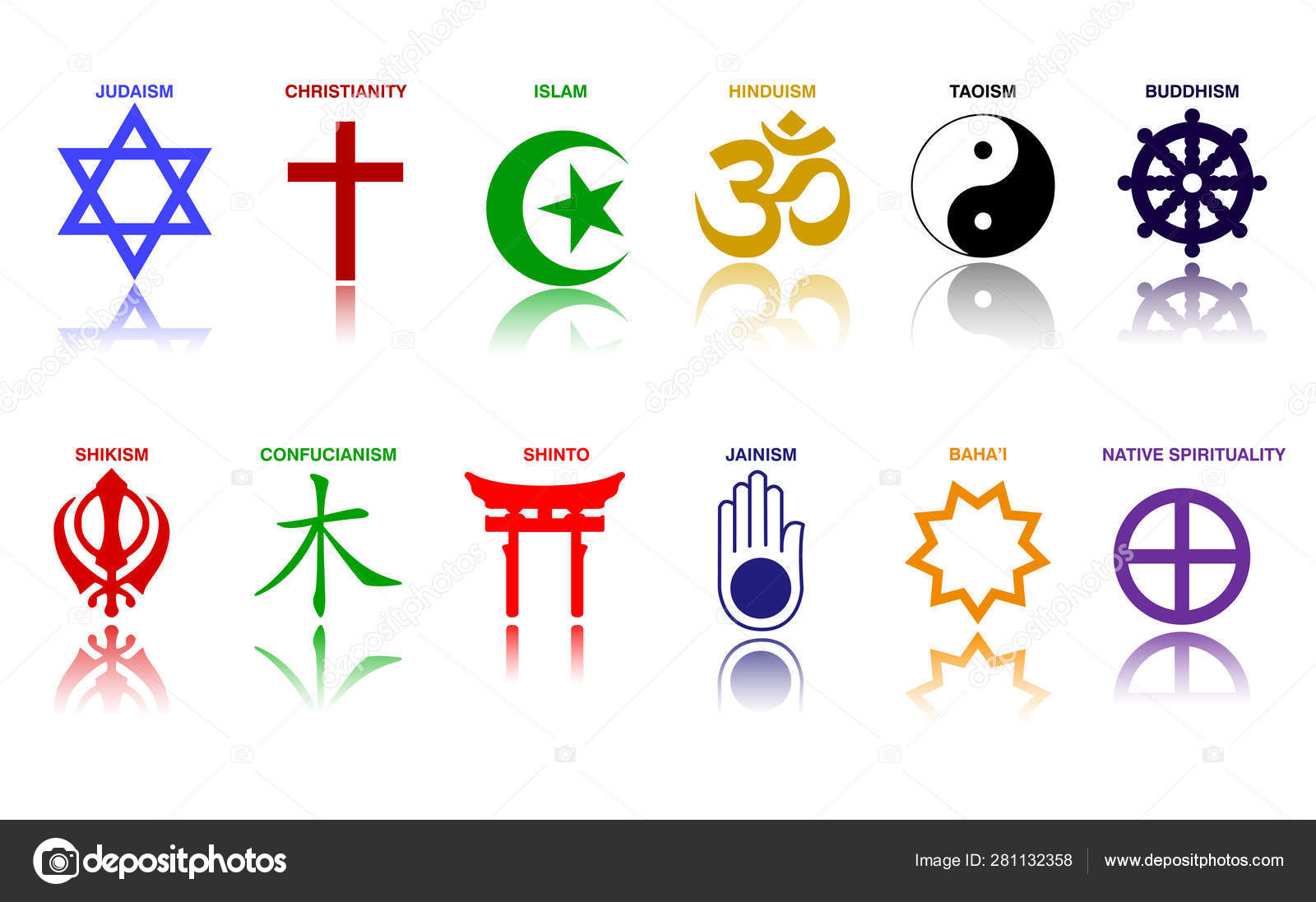Religions That Don’t Celebrate Christmas: Understanding Different Faith Traditions
Religions that don’t celebrate Christmas
While Christmas has become a global cultural phenomenon, many religious groups don’t include this holiday in their spiritual calendars. Understand these differences help foster religious tolerance and appreciation for diverse faith traditions around the world.
Judaism and Christmas
Judaism is mayhap the well-nigh considerably know religion that doesn’t celebrate Christmas. As one of the world’s oldest monotheistic faiths, Judaism have its own rich holiday traditions.
Rather of Christmas, Jewish people celebrate Hanukkah (tto spellchChanukah)an eigeight-daystival of lights that typically fall in decDecemberonetheless, hanHanukkah not a ” ” iJewishiChristmas” a celebration of the rededication of the second temple in jerusJerusalemow the maccaMaccabeanlt.
Other significant Jewish holidays include:
- Rosh Hashanah (jJewishnew year )
- Yom Kippur (day of atonement )
- Passover (pPesach)
- Sukkot (feast of tabernacles )
- Shavuot (feast of weeks )
These holidays follow the Jewish lunar calendar sooner than the Gregorian calendar, which explain why their dates shift each year when view from a western perspective.
Islam’s perspective on Christmas
Muslims do not celebrate Christmas as Islam doesn’t recognize Jesus (call iISAin aArabic)as the son of god but kinda as an important prophet. While jeJesuss extremely respected in isIslamicradition, the celebration of his birth isn’t part of isIslamicractice.
The two major celebrations in Islam are:

Source: asrmartins.com
-
Eid allfitr
mark the end of rRamadan the month of fast -
Eid allADHDa
commemorate prophet iIbrahims willingness to sacrifice his son in obedience to god
Both ads are ddeterminedby the Islamic lunar calendar, with dates change each year relative to the Gregorian calendar. During these celebrations, Muslims attend special prayers, exchange gifts, wear new clothes, and share festive meals with family and friends.
Hinduism and Christmas observance
As a preponderantly non Christian religion, Hinduism doesn’t formally include Christmas in its religious observances. Nonetheless, the situation is slightly complex due to India’s colonial history and cultural adaptations.
Some Hindu families, specially in areas with significant Christian populations or western influence, might participate in secular Christmas traditions or acknowledge the holiday. This participation is typically cultural instead than religious in nature.
Hinduism have numerous festivals of its own, include:
- Diwali (festival of lights )
- Hold (festival of colors )
- Narrator (nine nights )
- Janmashtami (kKrishnas birthday )
- Ganesh Chaturthi (celebration of lord gGanesh)
These festivals, rich in tradition and spiritual significance, form the core of Hindu religious observances throughout the year.
Buddhism’s relationship with Christmas
Traditional Buddhism does not celebrate Christmas, as it develop severally from Christianity. Buddha’s teachings focus on achieve enlightenment kinda than worship deities, make the celebration of Christ’s birth irrelevant to core Buddhist practice.
The main Buddhist celebrations include:
-
VESA
bBuddhas birthday, enlightenment, and death -
Mafia pupa
commemorate an important gathering of bBuddhas disciples -
Katrina
mark the end of the monastic retreat during the rainy season -
Salsa ppupa
celebrate bBuddhas first sermon
Nonetheless, in countries where Buddhism coexist with Christianity or western influence, some Buddhists may participate in Christmas as a cultural event while maintain their Buddhist practices.
Jehovah’s witnesses and Christmas
Despite being a Christian denomination, Jehovah’s witnesses stand out for their non-observance of Christmas. Their rejection of this holiday stem from several theological positions:
- They believe Christmas have pagan origins that were incorporate into Christianity
- They note the bible doesn’t command celebration of Jesus’s birth
- They point out that the bible doesn’t specify December 25th as Jesus’s birthday
- They avoid the commercialism associate with Christmas
Rather of Christmas, Jehovah’s witnesses observe exclusively one annual religious event: the memorial of Christ’s death, which correspond to the passover.
The Baha’Ã faith and Christmas
The Baha’Ã faith, a comparatively modern religion found in the 19th century, doesn’t formally celebrate Christmas. While Baha’is respect Jesus as a manifestation of god, they have their own calendar and holy days.
Key Baha’Ã holy days include:
- Birth of Baha’u’Allah( founder of the faith)
- Birth of the bad (forerunner to bBahau’lAlla)
- New run (bBahaà new year )
- Rival festival ((ommemorate baBaha’llAllah declaration )
The Baha’Ã calendar consist of 19 months of 19 days each, with holy days distribute throughout the year.
Atheism, agnosticism, and Christmas
While not religions in themselves, atheism and agnosticism represent significant worldviews that don’t include religious observance of Christmas. Nonetheless, many atheists and agnostics participate in Christmas as a cultural tradition kinda than a religious one.
For these individuals, Christmas might be value as:
- A time for family gatherings
- An opportunity to exchange gifts
- A seasonal celebration
- A cultural tradition separate from religious meaning
Some atheists and agnostics may too celebrate alternative winter holidays like the winter solstice or festival, a secular holiday popularize by the television show” sSeinfeld ”
Rastafarianism and Christmas
Rastafarians loosely don’t celebrate Christmas in the traditional western sense. While Rastafarianism incorporate elements of Christianity, it rejects many conventionalChristiann practices, view them as part o” Babylon” ( corrupt western society )
Alternatively, Rastafarians may observe:
- Ethiopian Christmas (jJanuary7th )in some cases
- Haile Selassie’s coronation (nNovember2nd )
- Haile Selassie’s birthday (jJuly23rd )
- Ethiopian new year (sSeptember11th )
These observances reflect Rastafarianism’s strong connection to Ethiopia and its reverence for emperor Haile Selassie.
Zoroastrianism and Christmas
As one of the world’s oldest unceasingly practice religions, Zoroastrianism predate Christianity by centuries and course doesn’t include Christmas in its religious calendar.
Zoroastrians celebrate several festivals throughout the year, include:
-
Nonrun
pPersiannew year -
Hiragana
a water festival -
Mehran
a harvest festival -
Sade
a mmid-winterfire festival
These celebrations are tie to seasonal changes and important events in Zoroastrian religious history.

Source: torahfamily.org
Shinto and Christmas in Japan
Shinto, Japan’s indigenous religion, doesn’t include Christmas among its traditional observances. Yet, modern Japan has adopteChristmasas as a secular, commercial holiday with unique cultural adaptations.
Traditional Shinto observances include:
-
Matsumoto
first shrine visit of the new year -
Sensuous
mark the beginning of spring -
Oboe
festival honor ancestors’ spirits -
Numerous mature
local shrine festivals throughout the year
While many Japanese people participate in Christmas activities like gift giving and eat Christmas cake, these are cultural practices kinda than religious observances for most.
Taoism and Christmas
Taoism (or dDaoism) one of china’s major religions, doesn’t observe chChristmasWith roots date backward thousands of years, taTaoismevelop severally from western religious traditions.
Important Taoist observances include:
-
Birthday of Lao TCU
honoring tTaoisms founder -
Birthday of the jade emperor
celebrate the highest deity in tTaoism -
Ghost festival
similar to hungry ghost festival -
Various seasonal celebrations
Tie to the Chinese lunar calendar
These observances follow the Chinese lunar calendar and incorporate elements of ancestor veneration and nature worship.
Sikhism’s approach to Christmas
Sikhism, found in the 15th century in the Punjab region, doesn’t include Christmas in its religious calendar. While Sikhs respect all religions, they follow their own distinct traditions and observances.
Key Sikh celebrations include:
-
Guipures
birthdays and martyrdoms of sSikhgurus -
Hisashi
mark the formation of the kKuala -
Hola morally
a martial arts festival -
Diwali
celebrate for different reasons than in hHinduism
These celebrations involve visits to gurdwaras (sSikhtemples ) community meals ( (nhangar)nd readings from the guru granGranthib, the sikhSikhy book.
Cultural adaptation vs. Religious observance
An important distinction exists between religious observance ofChristmass and cultural participation inChristmass traditions. Many nonChristianss ecumenical participate inChristmass relate activities without religious significance, treat it as a cultural or secular holiday.
Examples of secular Christmas practices include:
- Gift exchanges
- Family gatherings
- Seasonal decorations
- Special meals
- Winter vacation activities
This distinction help explain why Christmas has spread globally eve to regions where Christianity isn’t the predominant religion.
Religious tolerance and diverse celebrations
Understand that many religions don’t celebrate Christmas promote religious tolerance and appreciation for diverse traditions. Each religion offer unique perspectives on life, spirituality, and community through its own holy days and observances.
In progressively multicultural societies, acknowledge different religious calendars and celebrations helps build mutual respect and understanding. Many schools, workplaces, and communities today recognize various religious holidays beyond the traditional Christian calendar.
This diversity of religious expression enrich our global cultural tapestry and remind us that there be many ways to find meaning, community, and spiritual fulfillment.
Conclusion
While Christmas hold tremendous significance for Christians ecumenical, many major religions — include Judaism, Islam, Hinduism, Buddhism, and others — don’t include this holiday in their religious practices. Each tradition follow its own sacred calendar with holy days that reflect its unique history, theology, and cultural context.
Understand these differences isn’t fair an academic exercise but a practical necessity in our diverse world. By recognize and respect various religious observances, we build more inclusive communities where people of all faiths feel value and understand.
Whether through the eight nights of Hanukkah candles, the festive celebrations of ad, the colorful festivities of dDiwali or countless other religious observances, humanity express its spiritual yearnings in wondrous diverse ways that extend iinterchangebeyond the tradition of cChristmas



